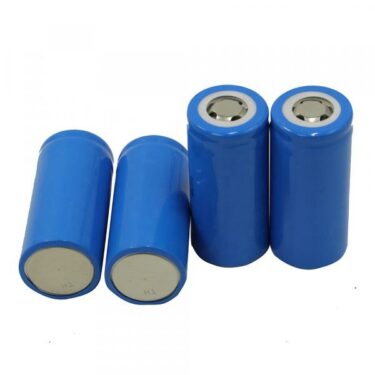Battery hopeful ElevenEs has secured funding to begin its plans of building a lithium iron phosphate (LFP) battery manufacturing gigafactory in Serbia.
ElevenEs, an industrial spin-off of the multinational Al Pack Group, secured an undisclosed sum from EIT InnoEnergy— which is funded by The European Union and is an early-stage investor in Northvolt and Verkor gigafactory projects.
Apart from the investment, the partnership includes joint efforts in sales, marketing and cell design activities with European potential customers; the firms will work jointly on other aspects of the project, apart from the cell technology and manufacturing.
The company is staying tight lipped at the moment, but they did tell BEST they would develop “very large LFP cells” which are suitable for EV, bus, truck and similar applications, they are very safe and have a large pack level energy density.
The key difference will be the pack level structure and energy density, compared to other LFP chemistries. There are some improvements on the anode side to make it more energy dense as well.
ElevenEs aims to make cells using its own LFP technology for electric cars, buses, trucks, vehicles, and energy storage system applications.
The LFP technology does not require cobalt, nickel, and other critical minerals.
By 2023, The ElevenEs plant aims to produce 300MWh of LFP cells a year.
Work on its 8GWh plant in Subotica, Serbia, is planned to begin in 2024, with the goal of doubling capacity sometime afterwards.
ElevenEs has been conducting R&D into LFP lithium-ion batteries since October 2019, and has opened an advanced research and development centre in Subotica where it employs an international team of engineers and scientists.
Nemanja Mikać, founder and CEO of ElevenEs, said: “LFP cells last more than twice as long as competing chemistries, they can be recharged up to 6,000 times, charge faster, can be repeatedly charged to 100% state-of-charge and cause practically no fires in EVs.
“On top of that, they cost significantly less. It is the most popular choice in China today, which is still the global leader in battery technology.”
A key advantage is the fact that the facility is also very close to Jadar Valley which, subject to relevant approvals, is expected to produce around 58,000 tonnes of lithium carbonate, 160,000 tonnes of boric acid (B2O3 units) and 255,000 tonnes of sodium from 2019.
Jakub Miler, CEO at EIT InnoEnergy Central Europe, said: “Although nickel-based batteries outperform LFP on energy density and are likely to remain the best option for performance cars, LFP is far better in terms of cost, safety and lifetime, making it a perfect choice for industrial, ESS and city EV (shorter range) applications.
“We have been working with ElevenEs for the past year and a half. Having now developed their own LPF technology, that industrial experience of the Al Pack Group should allow them to progress much faster than any of their peers. And we are very excited to be taking that journey together.”












